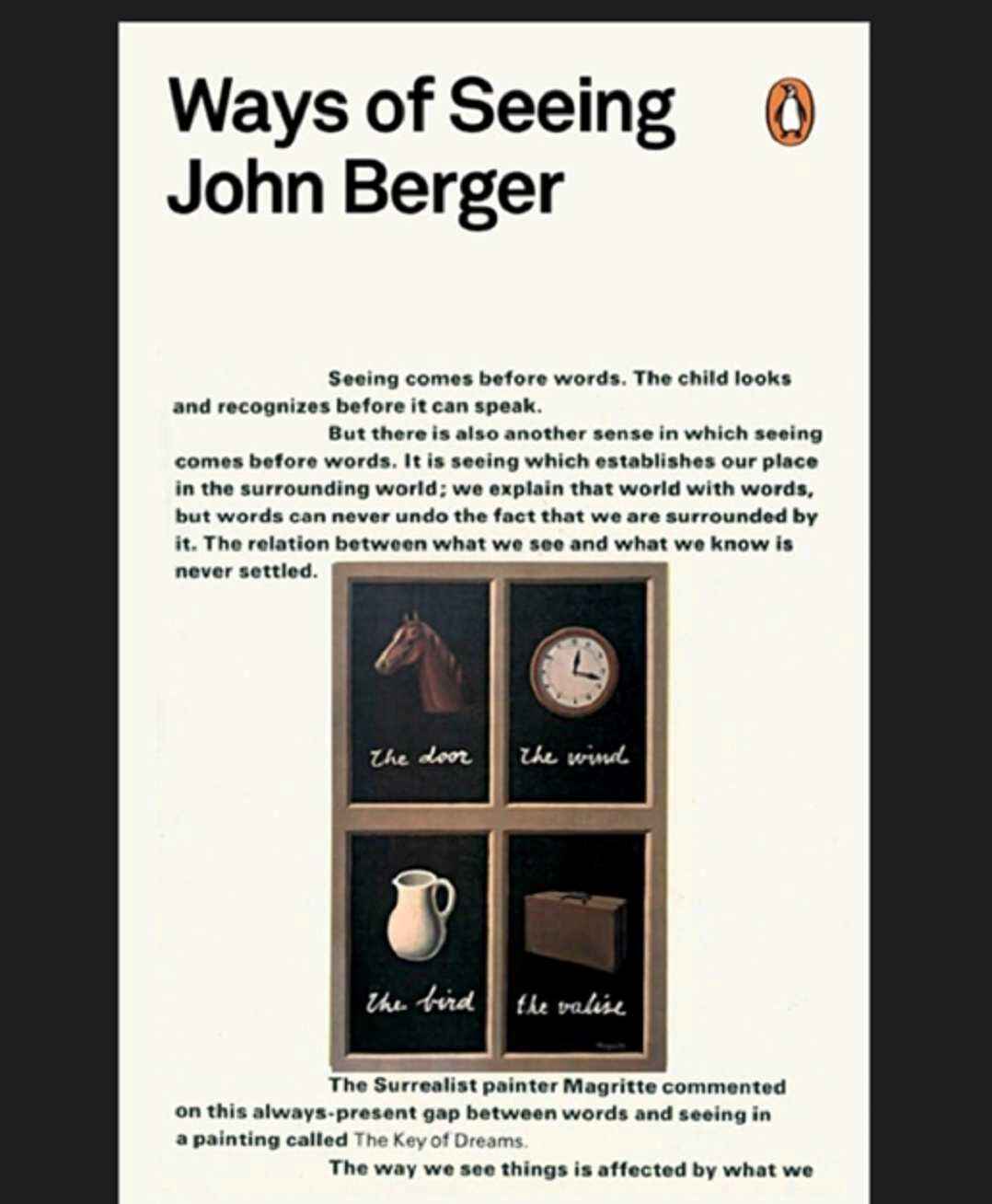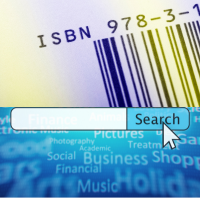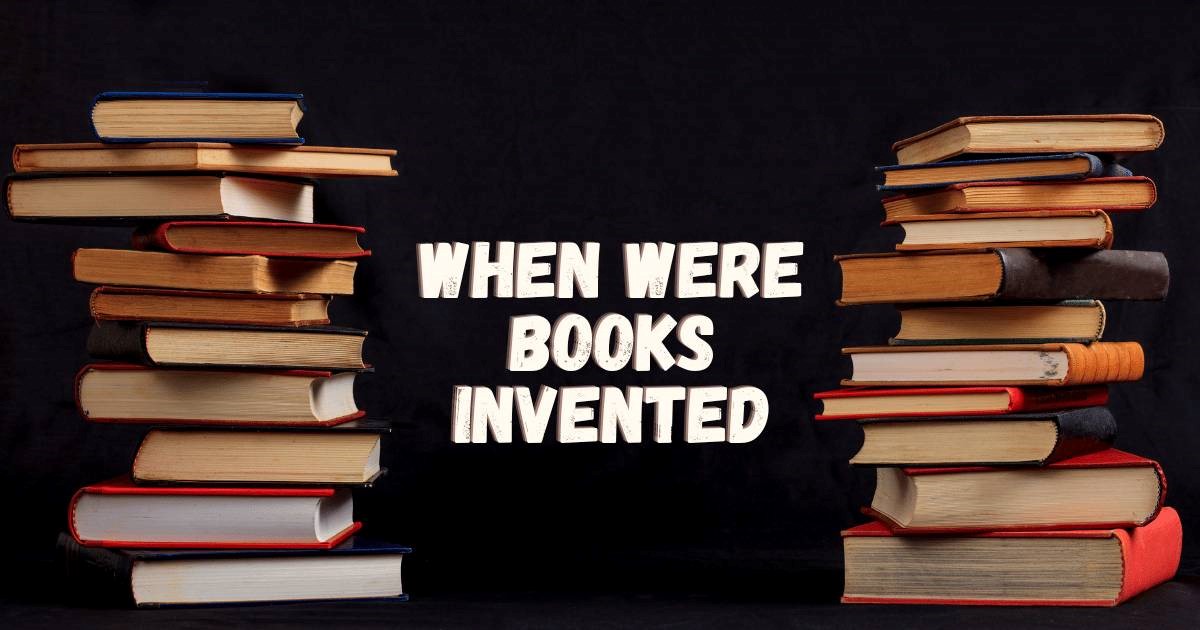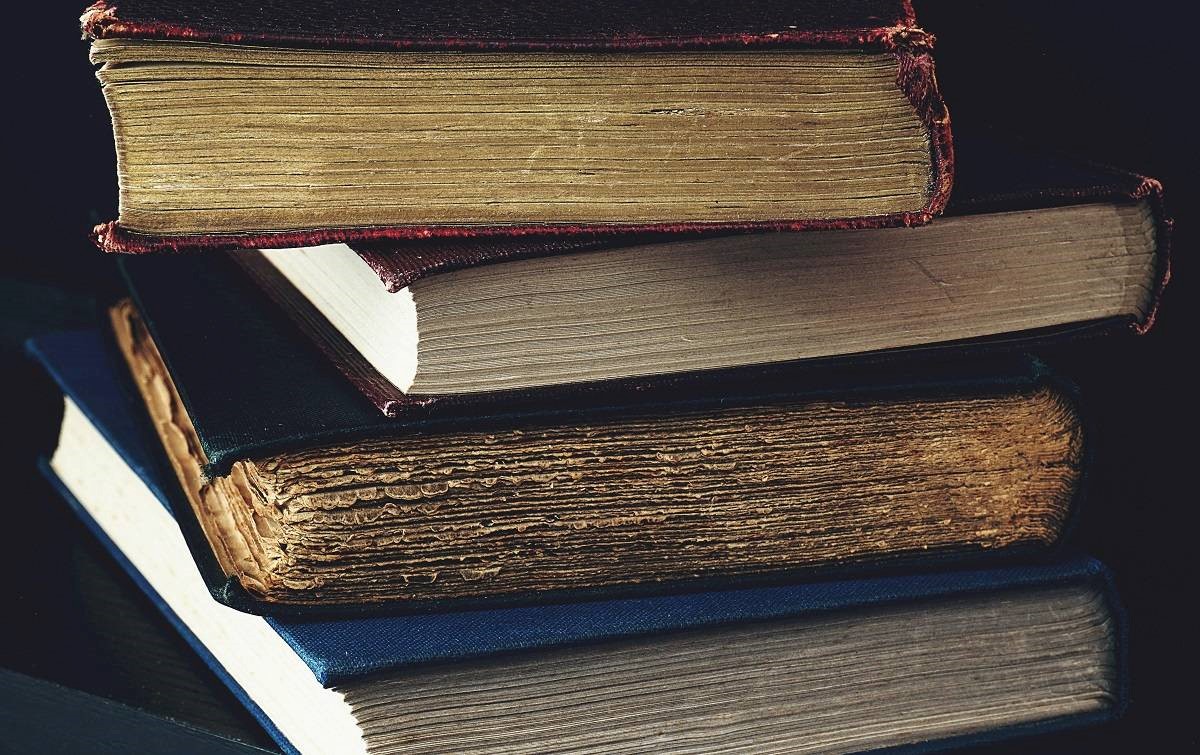Have you ever wondered what to do with your old textbooks once you're done using them? Instead of letting them collect dust on your shelves or throwing them away, why not give them a new life?
Welcome to our guide on what to do with your old textbooks! If you're wondering how to responsibly and creatively handle those used academic companions, you've come to the right place.
In this article, we'll explore eco-friendly and thoughtful options to make the most of your old textbooks. From donating them to supporting literacy and education to selling them for others' benefit, and even upcycling them into unique DIY projects, we've got you covered.
Discover how your old textbooks can continue to make a positive impact on education, sustainability, and community welfare. Let's dive in and explore the exciting possibilities for your old textbooks!
What to do with Old Textbooks
Textbooks are educational resources used to support the teaching and learning process in academic settings. They are written materials designed to provide structured and comprehensive information on specific subjects or disciplines. Textbooks are commonly used in schools, colleges, and universities to facilitate the dissemination of knowledge and to help students grasp the essential concepts of diverse topics.
Key characteristics of textbooks include:
- Subject-specific content: Textbooks focus on a particular subject or academic discipline, such as mathematics, history, science, literature, or foreign languages.
- Structured organization: Textbooks are organized in a logical manner, with chapters or units covering different topics. This arrangement helps learners understand the subject progressively and in a systematic manner.
- Clarity and conciseness: Textbooks aim to present information clearly and concisely, making complex concepts more accessible to students of various levels.
- Visual aids: Many textbooks include charts, graphs, diagrams, illustrations, and photographs to enhance understanding and engagement.
- Exercises and practice questions: Textbooks often include exercises, practice questions, and problems to reinforce learning and assess students' comprehension.
- Up-to-date information: Depending on the subject, textbooks may need periodic updates to reflect the latest research and developments.
- Authored by experts: Subject matter experts, educators, or scholars with expertise in the respective field typically write Textbooks.
Textbooks serve as valuable resources for both teachers and students, providing a structured curriculum and a common reference point to ensure consistency in education. They are widely used in traditional classroom settings, but with the advent of digital learning, electronic versions of textbooks have become more prevalent, offering greater accessibility and convenience to learners.
Why You Shouldn't Throw Them Away
Firstly, you shouldn't throw away textbooks because they can serve as valuable reference materials in the future. They provide a comprehensive and structured overview of specific subjects, which may come in handy for work, personal projects, or further studies.
Secondly, textbooks can be shared with others who may find them useful. Donating or lending textbooks to friends, siblings, or students in need can contribute to education and learning opportunities for those who might not have access to new books.
Lastly, throwing away textbooks contributes to waste and environmental pollution. By reusing, recycling, or repurposing them, you can help reduce the demand for new paper production and minimize the amount of waste ending up in landfills. Additionally, some textbooks may hold historical or sentimental value, making them worth preserving for future generations.
What to Do With Your Old Textbooks?
- Donate to Charities
Consider donating your old books to a local charity that supports literacy or education. Many charities and nonprofit organizations run programs aimed at promoting reading and learning, especially among underserved communities. By donating your books, you can help provide valuable resources to those who may not have access to them otherwise.
Look for charities or organizations that have specific initiatives focused on literacy development, educational support, or book drives. They may distribute books to schools, libraries, community centers, or directly to individuals in need.
Before donating, ensure that your books are in good condition and appropriate for the intended audience. Sorting and categorizing them can also make the process more efficient for the charity.
By contributing to such initiatives, you play an active role in fostering a love for reading and learning, thereby empowering others to improve their knowledge and opportunities for a better future. Top of Form
- Better World books
Better World Books is an online bookstore with a unique social mission. Three college friends, Xavier Helgesen, Christopher “Kreece” Fuchs, and Jeff Kurtzman, founded it in 2002. The company's primary objective is to promote literacy, support education, and protect the environment.
The distinctive feature of Better World Books is its commitment to a triple-bottom-line business model, focusing on people, planet, and profit.
Here's how they achieve these goals:
- Literacy Initiatives: For every book purchased on the Better World Books website, they donate a book to someone in need through their Book for Book program. The company partners with numerous literacy and education-focused non-profit organizations to distribute donated books to underserved communities around the world. This initiative helps improve access to educational resources and promotes literacy.
- Book Drives: Better World Books collaborates with colleges, universities, libraries, and other organizations to organize book drives. During these events, they collect used books that are no longer needed and resell them through their online platform. A portion of the proceeds from these book sales goes towards supporting literacy initiatives.
- Environmental Commitment: Better World Books is dedicated to environmental sustainability. They strive to divert books from ending up in landfills by reselling, donating, or recycling them. They also use eco-friendly packaging materials whenever possible.
- Library Discards and Donations: The company works with libraries to manage discarded books responsibly. Books that are no longer needed in library collections are sold, donated, or recycled through Better World Books' channels.
- Social Impact Partnerships: Better World Books partners with several well-known non-profit organizations, such as Books for Africa, Room to Read, and the National Center for Families Learning, to amplify their impact in promoting literacy and education.
- Sell to Used Bookstores
Selling your used books to local or online used bookstores can be a fantastic way to declutter your book collection and potentially earn some money.
Here are some steps to help you sell your books to used bookstores:
- Gather Your Books: Collect all the used books you want to sell. Make sure they are in good condition with minimal damage, such as torn pages or water damage. Books with popular titles or those in demand will fetch a higher price.
- Research Local Bookstores: Look for used bookstores in your area. Visit their websites or give them a call to inquire about their book buying policies and if they are currently accepting used book purchases.
- Check for Specific Requirements: Some used bookstores may have specific preferences regarding the genres, formats, or conditions of the books they buy. It's a good idea to ask about any particular guidelines they have before bringing in your books.
- Clean and Organize: Before taking your books to the bookstore, clean them up and organize them neatly. This will make it easier for the store staff to evaluate your collection.
- Get a Quote: When you visit the bookstore, the staff will assess the books you want to sell. They may offer you a quote based on their condition, demand, and resale potential. Keep in mind that the price they offer may be lower than what you originally paid for the books, as used bookstores aim to resell them at a profit.
- Negotiate If Necessary: If you believe some of your books are worth more than the initial offer, you can try negotiating with the bookstore staff. Be reasonable and open to their pricing suggestions.
- Decide What to Sell: After receiving the quote, decide whether you are satisfied with the price offered. If you are, go ahead and sell the books. If not, you can choose to keep some books or explore other options like selling online or at book fairs.
- Sell Online: If you don't find a suitable deal with local used bookstores, consider selling your books online through platforms like Amazon, eBay, or specialized book-selling websites. Online selling may offer a broader reach and potentially higher prices. You can use price comparison websites such as Windsorbooks.com to compare available offers.
- Donate Unsellable Books: If some of your books are not in demand or don't fetch a reasonable price, consider donating them to local libraries, schools, or charity organizations. Donating books ensures they find new homes and may benefit others who can't afford to buy them.
- Recycle Through Your Local Library
Recycling through your local library is an excellent way to give your used books a new life and support the community's reading and educational initiatives. Here's how you can recycle your books through your local library:
- Contact the Library: Reach out to your local library to inquire about their book donation or recycling program. Most libraries accept book donations, but it's essential to confirm their current policies and guidelines.
- Sort and Clean the Books: Before donating, go through your collection and sort the books you wish to give away. Ensure that the books are in good condition, without considerable damage or missing pages. Cleaning the books can also make them more appealing for potential readers.
- Check Acceptable Donations: Libraries usually accept a wide range of books, including fiction, non-fiction, children's books, and reference materials. However, it's best to ask the library staff about any specific preferences or restrictions they may have.
- Make a Donation: Once you've gathered the books you want to recycle, bring them to the library during their operating hours. Some libraries may have designated drop-off points, while others might require you to speak with a staff member at the circulation desk.
- Consider Donating to Library Sales: In addition to regular book donations, some libraries organize book sales or fundraising events where they sell donated books to raise funds for various programs. If your library holds such events, you can choose to donate your books specifically for these sales.
- Tax Deductible Receipt: If your library is a registered nonprofit organization, they might be able to provide you with a tax-deductible receipt for your book donation. Check with the library about their policy on tax receipts for donated items.
- Participate in Library Book Swaps: Some libraries organize book swap events where members of the community can exchange their used books for others. Participating in these swaps can be an enjoyable way to refresh your reading collection while also recycling books.
- Up cycle
Up cycling textbooks can be a creative way to give them a new purpose and prevent them from ending up in the landfill.
Here are some ideas on how to up cycle textbooks:
- Book Art and Decor: Use the pages of old textbooks to create unique art pieces and decorations. You can fold the pages into intricate origami designs, create paper flowers, or even make a DIY paper lantern. Frame interesting or inspirational passages from books as wall art.
- Book Covers: If you have textbooks with durable hardcovers, you can transform them into stylish and sturdy covers for notebooks, journals, or sketchbooks. Simply remove the pages and bind new ones inside the cover.
- Bookmarks: Cut out strips from the textbook pages and decorate them with stamps, stickers, or drawings to make custom bookmarks. You can also laminate them for added durability.
- Gift Wrapping: Use the pages of textbooks to wrap small gifts creatively. This adds a unique and literary touch to your presents.
- Collages and Scrapbooking: Incorporate textbook pages into collages or scrapbooking projects to add interesting textures and background elements.
- Handmade Cards: Cut out designs or words from the textbook pages to create unique elements for handmade greeting cards.
- Donate or Share: Consider donating your old textbooks to libraries, schools, or other educational organizations that might still find them valuable. Sharing knowledge is a meaningful way to give your textbooks a second life.
- Eco-Friendly Crafts: Explore various eco-friendly crafts using textbook pages. For example, you can make seed paper by embedding seeds into paper pulp made from textbook pages. When planted, the paper will grow into plants.
- DIY Notepads: Repurpose the blank spaces of old textbooks into DIY notepads by cutting them to the desired size and binding them together.
- Personalized Journals: Combine the pages of different textbooks to create personalized journals. Mix different subjects or add colorful illustrations and designs.
Tips on What to Do With Your Old Textbooks
When it comes to dealing with your old textbooks, there are several options to consider, depending on their condition and relevance. One of the most meaningful ways to give your textbooks a second life is by donating them to libraries or schools. Many educational institutions, especially in underserved communities, appreciate textbook donations as they provide valuable resources to students who might not have access to them otherwise. Donating your textbooks can have a positive impact on education and literacy, empowering others with knowledge and learning opportunities.
- If your textbooks are in good condition and relevant, consider selling them.
- Local used bookstores often buy back textbooks.
- Online platforms like Amazon or eBay provide a broader reach for potential buyers.
- Selling your textbooks helps you declutter and recoup some of the initial cost.
- It enables others to access textbooks at more affordable prices, promoting education accessibility.
- Participate in textbook exchange programs at your school, college, or university.
- Textbook exchanges encourage a cost-effective way of acquiring study materials.
- Save money on new textbooks by engaging in textbook exchanges.
- Support a sustainable cycle of textbook reuse within the academic community.
- Upcycle your old textbooks as a fun and eco-friendly option.
- Transform textbook pages into art projects or DIY notebooks.
- Turn hardcovers into covers for other books or journals.
- Upcycling allows you to express creativity and reduces waste.
- If textbooks are outdated or damaged, consider recycling them.
- Locate your local recycling center and find out about their book recycling policies.
- Recycling responsibly processes materials and reduces environmental impact.
- Consider the condition, relevance, and potential impact of textbooks.
- Decide whether to donate, sell, upcycle, or recycle your old textbooks.
- Thoughtful actions with old textbooks contribute to education and sustainability.
Conclusion
Firstly, consider donating your old textbooks to libraries, schools, or educational organizations to support literacy and learning in underserved communities. Secondly, selling them to used bookstores or online platforms can provide affordable access to textbooks for others while helping you declutter. Thirdly, if the textbooks are no longer useful, opt for responsible recycling to lessen the environmental impact. Making thoughtful decisions with your old textbooks contributes to education, sustainability, and community welfare.
Are you a cash-strapped student looking for affordable solutions for your education expenses? Look no further! Our website is your one-stop destination for all your textbook needs. Whether you're searching for cheap college textbooks or want to sell used textbooks to make some extra cash, we've got you covered. We offer an extensive selection of used textbooks for purchase, making it easy for you to find the resources you need. And if you're looking for a temporary solution, our online book rental service allows you to rent textbooks for a semester or as needed, helping you save even more. So, when you're wondering where to buy used textbooks or how to make some money by selling your used textbooks, turn to us for a hassle-free and budget-friendly experience.
FAQs
Can I donate textbooks that are no longer used in the current curriculum?
Yes, many libraries and educational organizations accept textbooks even if they are no longer part of the current curriculum. They may still be valuable resources for others or used in alternative educational programs.
Are there any specific guidelines for donating textbooks?
While guidelines may vary, it's generally best to donate textbooks in good condition, free from excessive writing or highlighting. Check with the recipient organization to see if they have specific preferences or restrictions.
Can I sell textbooks that have minor wear and tear?
Yes, used bookstores and online platforms often accept textbooks with minor wear and tear. However, their resale value may be affected, so consider this when pricing them.
Can I upcycle textbooks that are no longer needed?
Absolutely! Upcycling offers a creative way to give old textbooks a new purpose. Whether turning them into art, decorations, or DIY projects, upcycling can breathe new life into your books.
Is recycling textbooks a sustainable option?
Recycling textbooks is a sustainable option to prevent them from ending up in landfills. Contact your local recycling center to ensure proper recycling methods for paper products like books, reducing their environmental impact.









